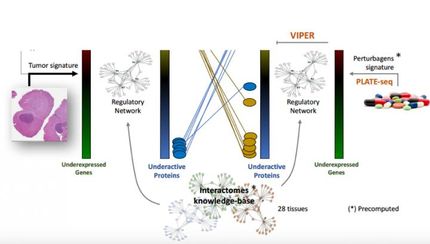A Smoking Gene: deCODE Shows How a Single Variant in the Sequence of the Genome Confers Nicotine Dependence
Advertisement
Cigarette smoking is a major public health problem that contributes to millions of deaths around the world each year. While the health risks of smoking are well known, relatively little is known about why some people are particularly likely to get addicted to cigarettes and may consequently be at greater danger of lung cancer and other diseases.
Scientists from deCODE genetics and their colleagues from several universities report in the journal Nature a clear link between a single-letter variant in the sequence of the human genome (SNP) and susceptibility to nicotine dependence. Moreover, in part because of this impact on smoking behavior, each copy of the risk variant of this SNP confers an approximately 30% increase in risk of lung cancer and a 20% increase in risk of peripheral artererial disease (PAD), a common and debilitating constriction of the arteries to the legs. Roughly half of people of European descent carry at least one copy of the variant, which the deCODE team estimates to account for some 18% of lung cancers and 10% of cases of PAD. These are also perhaps the highest-impact risk factors yet found for either condition. deCODE aims to apply these findings in the development of a DNA-based test which can be used to aid in personalizing and increasing the effectiveness of smoking cessation efforts, and of predicting risk of lung cancer and PAD.
The SNP, rs1051730, is located on chromosome 15q24 in a nicotine acetylcholine receptor called CHRNA3. The paper, 'A variant associated with nicotine dependence, lung cancer and peripheral arterial disease,' is published in Nature.
"These findings provide an example of the power of human genetics for shedding light on the most complex health challenges. Not only have we made a convincing link between a single SNP and a behavioral disorder - greater smoking quantity and addiction to nicotine - but also demonstrated how this risk factor translates into risk of lung cancer and PAD. This is an important advance that we will use in our diagnostics programs to develop means to enable individuals and their doctors to better understand and reduce the risk of smoking to their health. As of today we have also integrated this variant into our deCODEme(TM) personal genome analysis service," said Kari Stefansson, CEO of deCODE.


















































